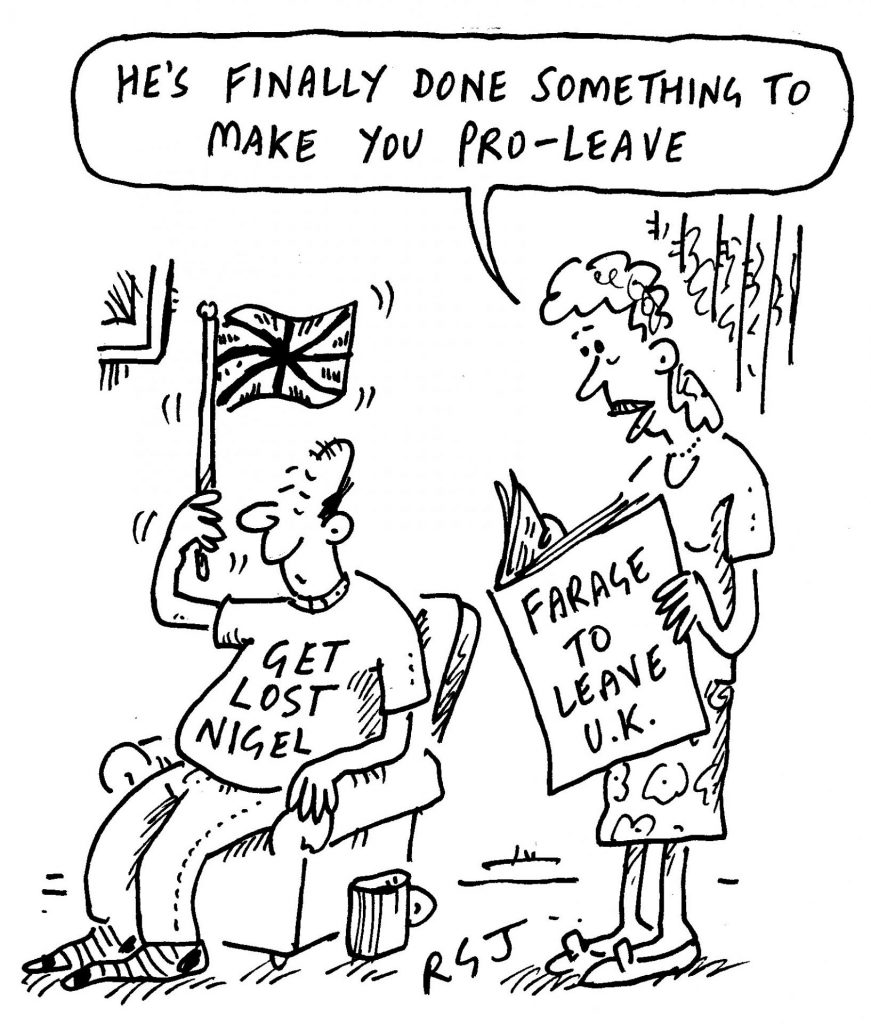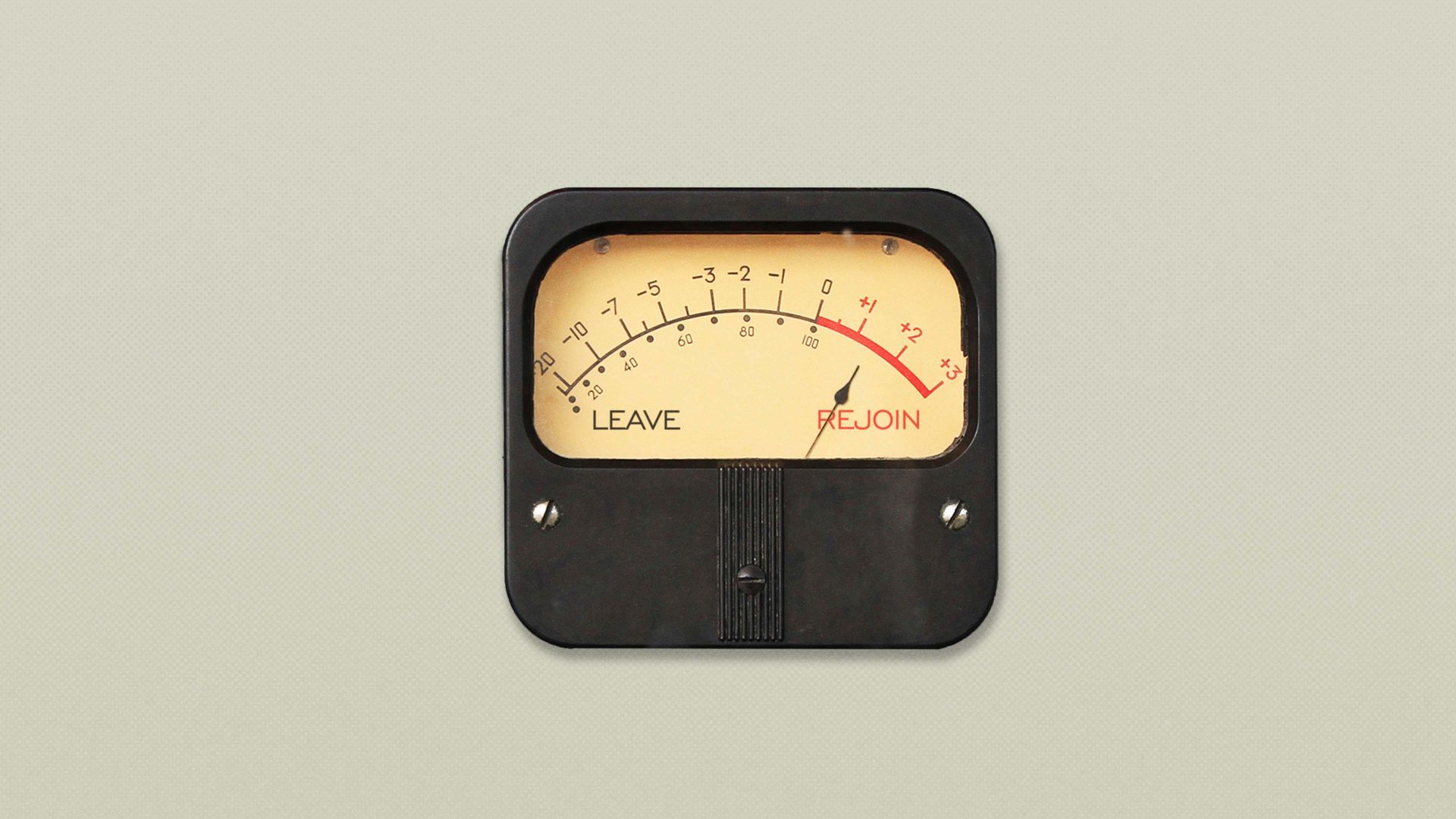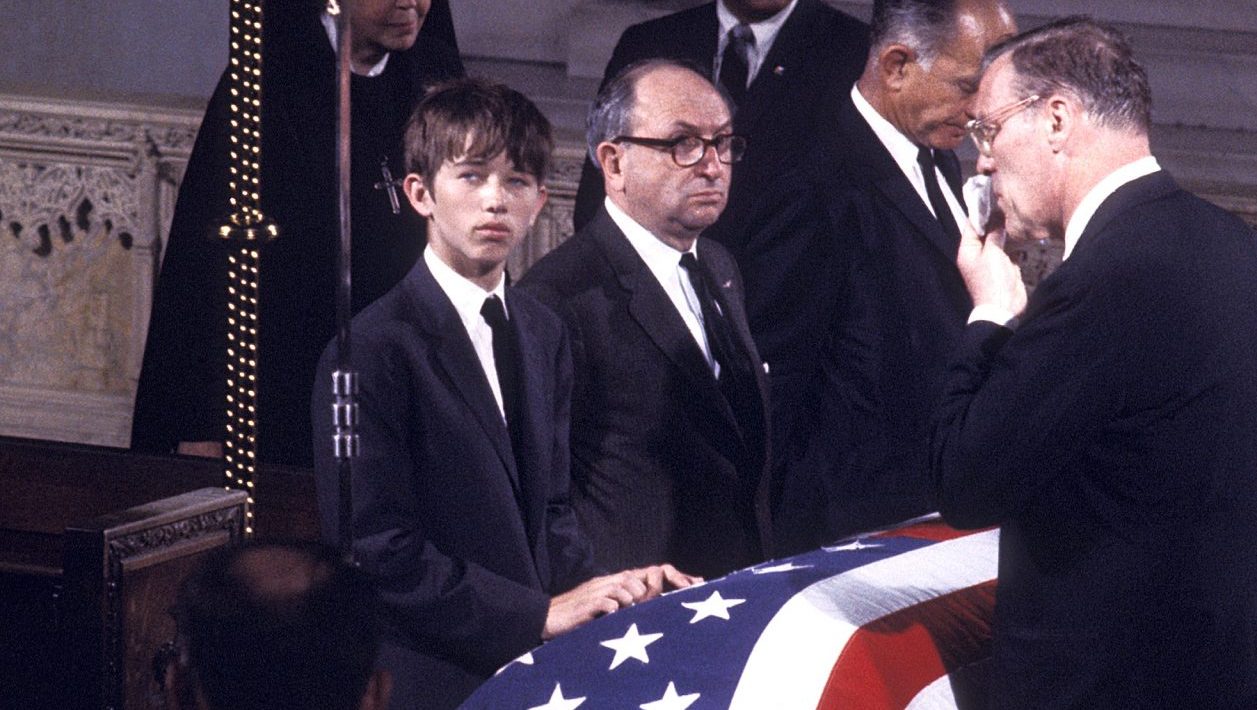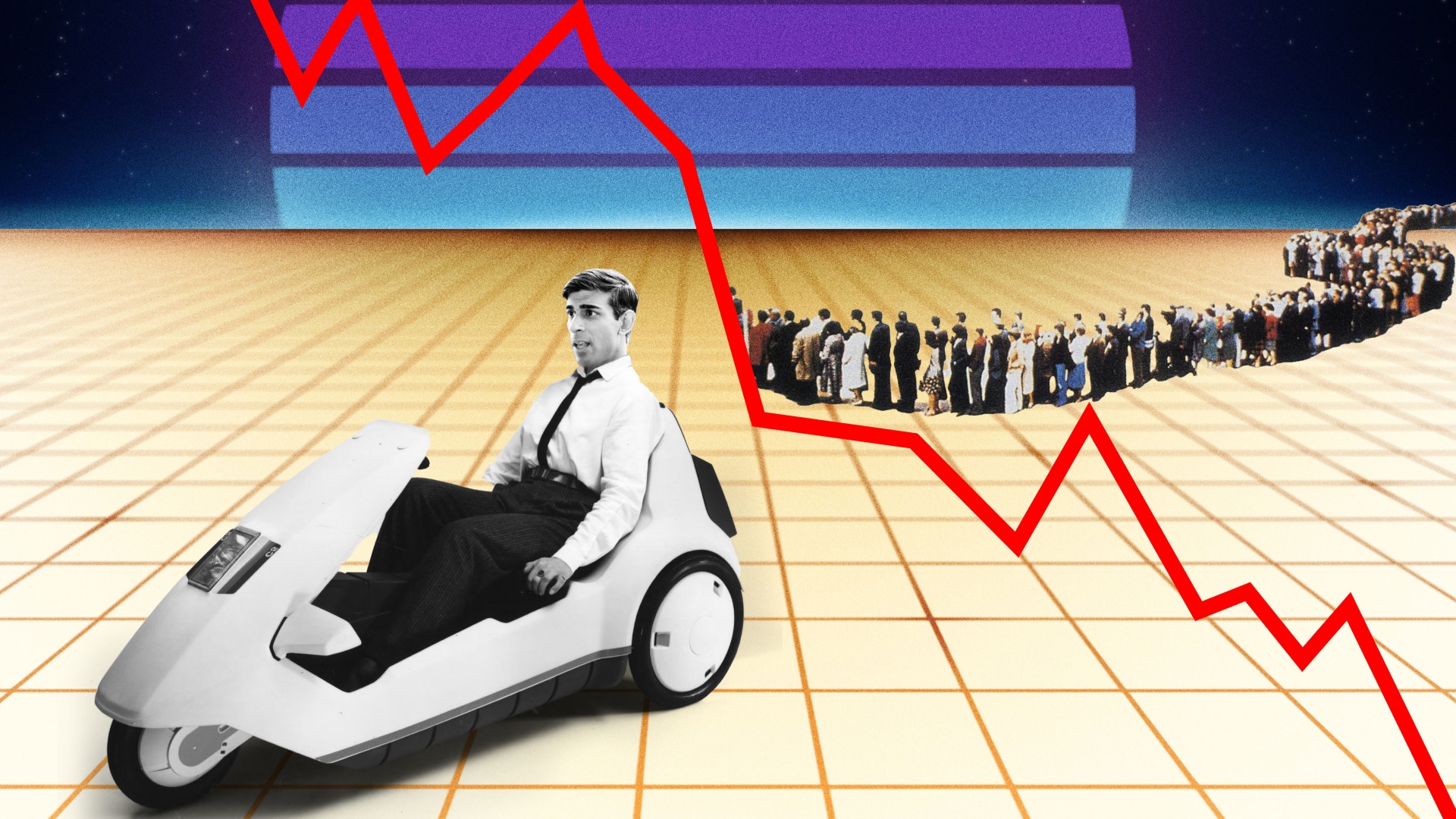Like most of you, I enjoy Bonnie Greer’s weekly column, especially when she is raging about the Orange Trumpster, but I enjoyed her take on the world even more when sitting alongside her as part of a panel last week. She may have almost a decade on me in terms of years lived, but my oh my, no lack of energy.
The place was the lovely Union Chapel in Islington, somewhere I know well as one of the best folk music venues in London. The event was the New European’s marking of the seventh anniversary of the referendum that led to our departure from the EU – bad – and the paper’s founding – good.
Bonnie’s voice and manner add something very powerful to the words she uses, but where I found her most compelling was when talking about those members of her family in the States who support Donald Trump. “They don’t just LIKE Donald Trump… They LUUUUURV him… and we need to understand WHY.”
It was an important message. There is a real danger, when like-minded people gather – and fair to say the 800 or so people present were all of the view that Brexit is a disaster that just keeps on disastering – that we just sit around telling each other how right we were, and how wrong were those who fought on the other side. But it doesn’t get you very far, and it doesn’t win those people over to your side.
“You don’t tell them they were WROOOOONG,” said Bonnie of those who voted Leave, “you tell them they were RIIIIGHT, there were sound reasons in the promises made, but the people in charge have let you down, not delivered, it’s not happening for you, there has to be another way. Help us to find it.” I am paraphrasing the sentiment.
Trump and Johnson, she said, are shysters, but there is no point telling people they were conned: “Nobody likes to admit to being fooled.” But on Brexit, the fact that Johnson is now universally viewed as a liar makes the facts of Brexit’s failure more palatable to those who backed it. It was his fault, Farage’s fault, Rees-Mogg’s fault, the media’s fault, not theirs.
Bonnie’s message was similar to that given to me by a school student called Annabelle, at Clacton Coastal Academy, which I visited on the way to the recent BBC Question Time special in the town that became so central to the Brexit debate and the Leave campaign. Somewhat to my surprise, but to my considerable pleasure, all but two of the children present said they would vote to rejoin the EU if they had the chance. One girl was almost in tears as she told me how she had begged her mother not to vote Leave, and explained that her mum now viewed her vote as a huge mistake.
So, I asked the assembled students, how should I handle the Question Time audience later, made up entirely of people who voted Leave? Annabelle had the answer: “Don’t trim your views, because they won’t respect you for it. But try to understand why they voted how they did. Show them some respect. Persuade, don’t criticise.”
She was in my head several times during the recording, as I was tempted to lay into the nonsense coming out of fellow panellists John Redwood and former Brexit Party MEP Ben Habib. “Ignore them,” I imagined her saying, “and speak to the audience instead.” So I did, and they applauded when I said the people who lied had to be properly held to account, and a way found to undo the damage done. The dial is shifting.
Now Bonnie will be in my head too. “We need to understand WHY” they felt the need to back the liars in the first place, and ensure those reasons are understood, and addressed, if we are to shift the dial further in the right direction.

Those two pro-Brexit votes were nonetheless two more than in most of the other school visits I have done since publishing But What Can I Do? and taking my call to arms for more people to become politically active to the next generation. There was just the one hand raised for Brexit at Westminster City, the closest state school to parliament, which is where shadow health secretary Wes Streeting was educated, and where I spoke last week. There were several hundred present and a young man called Tariq was alone in insisting “sovereignty” was all the justification needed for Brexit.
The norm in the schools I have visited, however, is zero, and there is something very strange about a political class made up of a government that keeps telling us Brexit is going well, and an opposition that insists they will make Brexit work, when the next generation knows it is not going well, and doesn’t believe it can be made to work. Something has to give.
I suppose Rory Stewart and I should be flattered that George Osborne and Ed Balls are to launch a podcast. I mean, how original is that – take a former Tory minister and a former Labour adviser to a former Labour prime minister and get them to chat about the big issues of the day?
It seems they have yet to decide on a title. How about Austerity and Balls? Or would Balls to Austerity work better?
Somewhat to my surprise, when Rory and I talked to Osborne for The Rest Is Politics LEADING channel, he overtook Hillary Clinton as our most listened-to interview. Now both have been overtaken by John Major. He gave us so much time that we split it into two episodes, which are now No 1 and No 2 in our “most listened to” interviews, though Rory and I talking about Iraq some weeks ago remain the most downloaded episodes of all.
I had messages from politicians of all parties saying how impressed they were by the former prime minister’s analysis of his own life and times, and the times we are living in today.
Like this from Scotland’s former deputy first minister John Swinney. “Utterly fascinating, and refreshing. A man worth hearing from. Listening to him shows how far discourse has fallen, and how badly things have deteriorated inside the Tory Party.” Indeed it does.
So there we are having breakfast and Fiona looks up from her iPad, on which she is reading about the latest Thames Water debacle, and says: “Feargal Sharkey is my new hero.” Ten minutes later, we leave the house to walk the dog and, as we let Skye off the lead on reaching Hampstead Heath, who do you reckon is the first person we bump into? Only Feargal Sharkey.
I didn’t know he lived on the far side of Hampstead Heath, and had never seen him around before. We told him we had been talking about him at breakfast, and went straight into a discussion about the scandal that our privatised water industry has become.
“Nobody cares how much you know until they know how much you care,” said Theodore Roosevelt. It’s one of the quotes on my office wall. Sharkey, the former Undertones singer turned brilliant water industry campaigner, knows the issues inside out. But it is his passion allied to that knowledge that has made him so effective. If, as rumoured, Thérèse Coffey gets the boot in a pending Sunak reshuffle, Sharkey’s fact-based zeal set against her gaslighting indifference will be one of the main reasons. Meanwhile, I have added him to my list of people who disprove the myth so loved by the cynics that it is impossible for one person to make a difference on their own.




